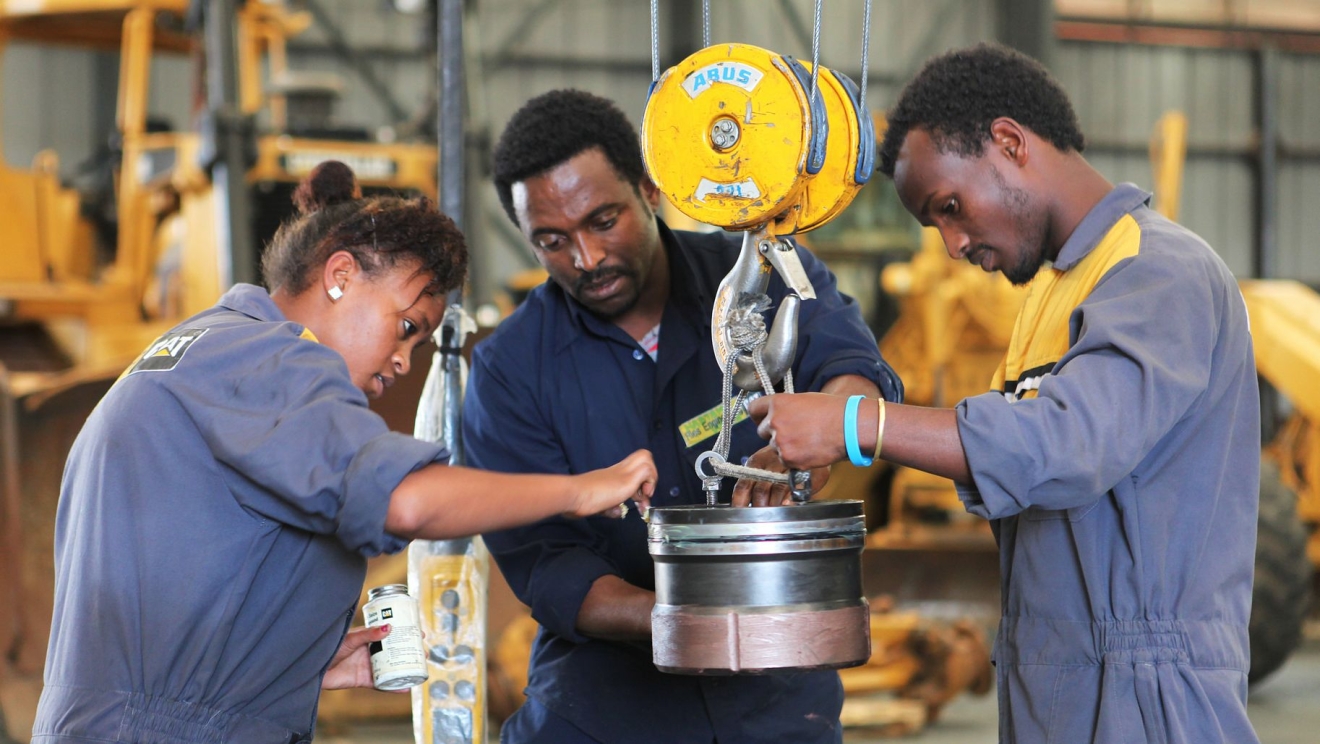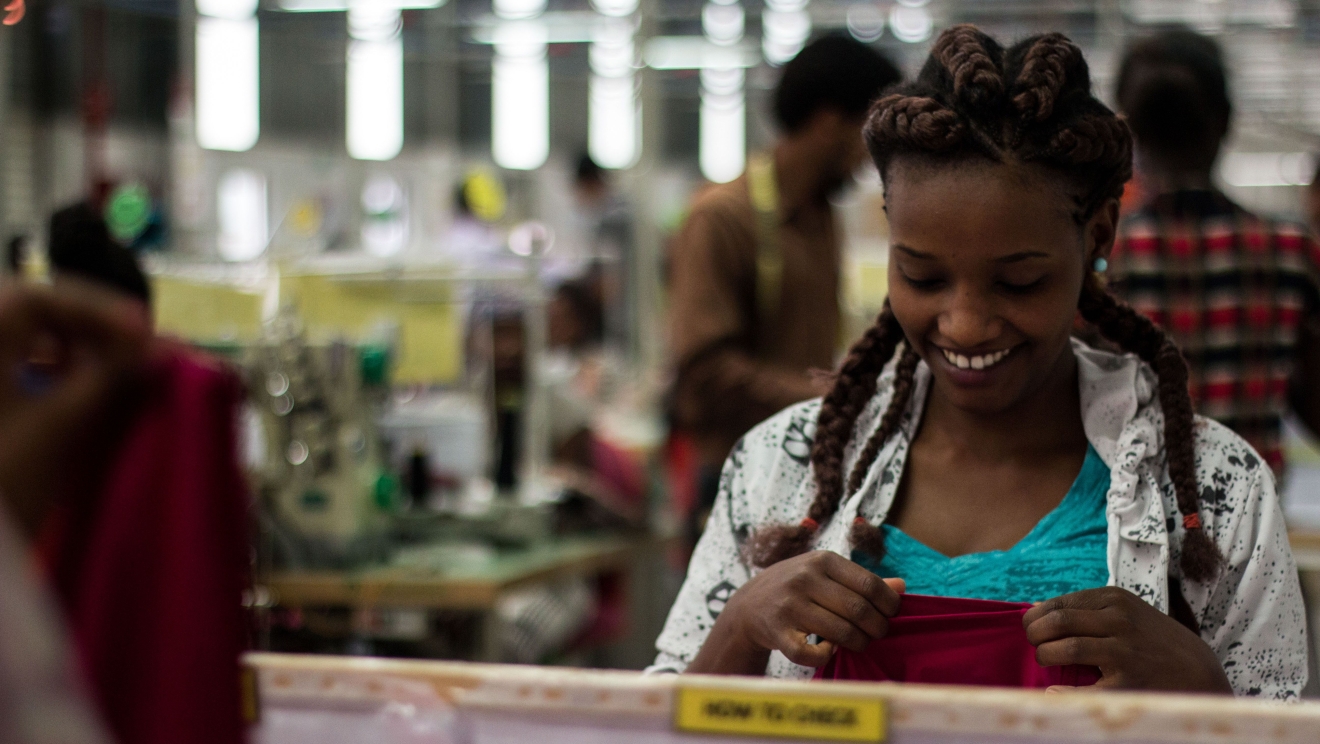

UNIDO gives industrial development in Ethiopia a helping hand
17 January 2018 UNIDO
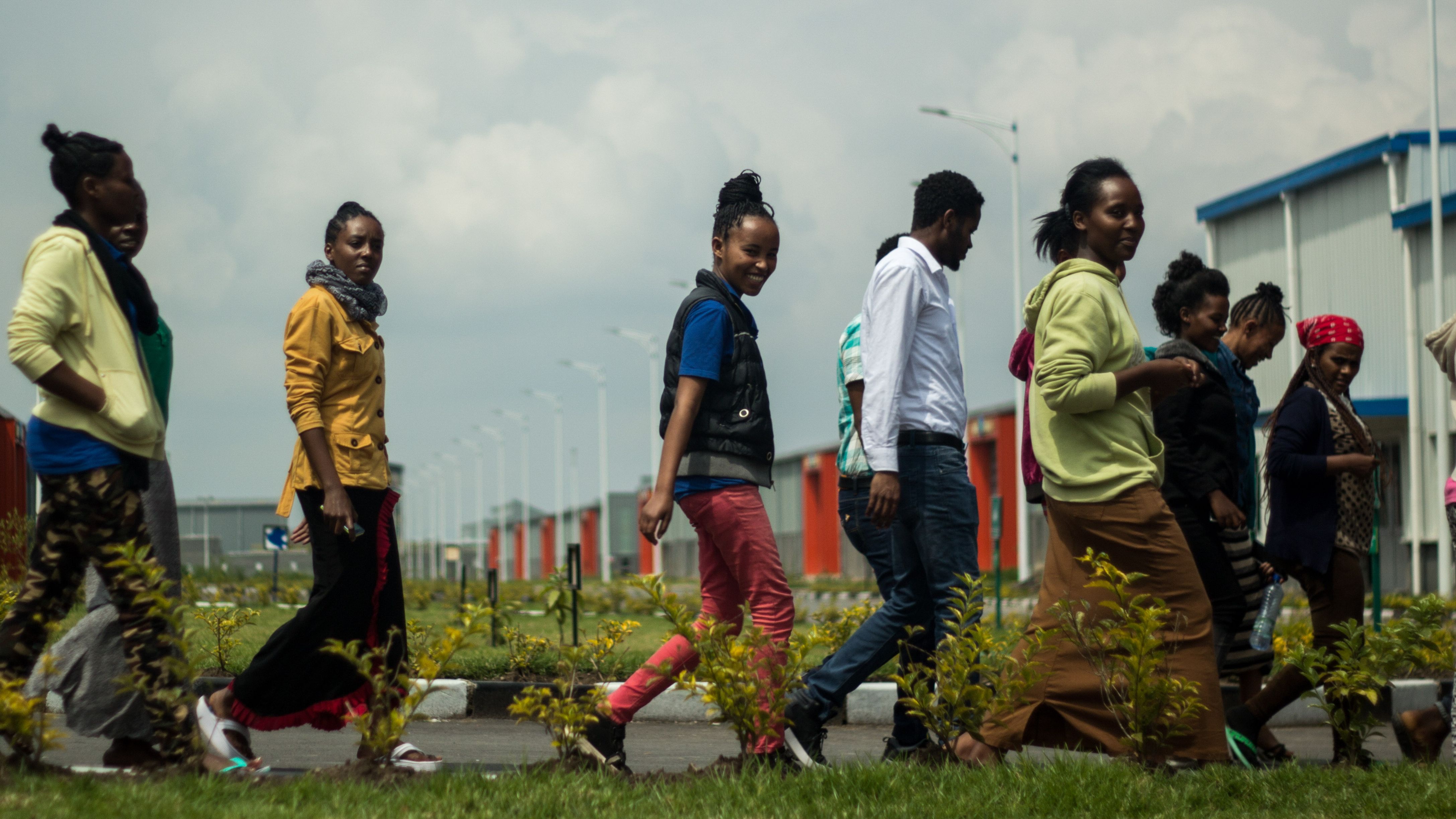
There is an old proverb that says “give a man a fish and you feed him for a day, but teach a man to fish and you feed him for a lifetime.”
Broadly speaking, this sentiment is at the core of the Programme for Country Partnership (PCP) that has been developed by the United Nations Industrial Development Organization (UNIDO).
Rather than simply throwing money at countries to help them achieve their industrial development goals, this new scheme provides nations with a deeper level of support and partnership, thus making it much more likely that they will succeed.
It is a clever approach and one that is already seeing impressive results in Ethiopia, the first country to benefit from the programme.
“Such huge and complex and very comprehensive work would not happen without the PCP,” said Ethiopian Minister of Industry Ahmed Abtew.

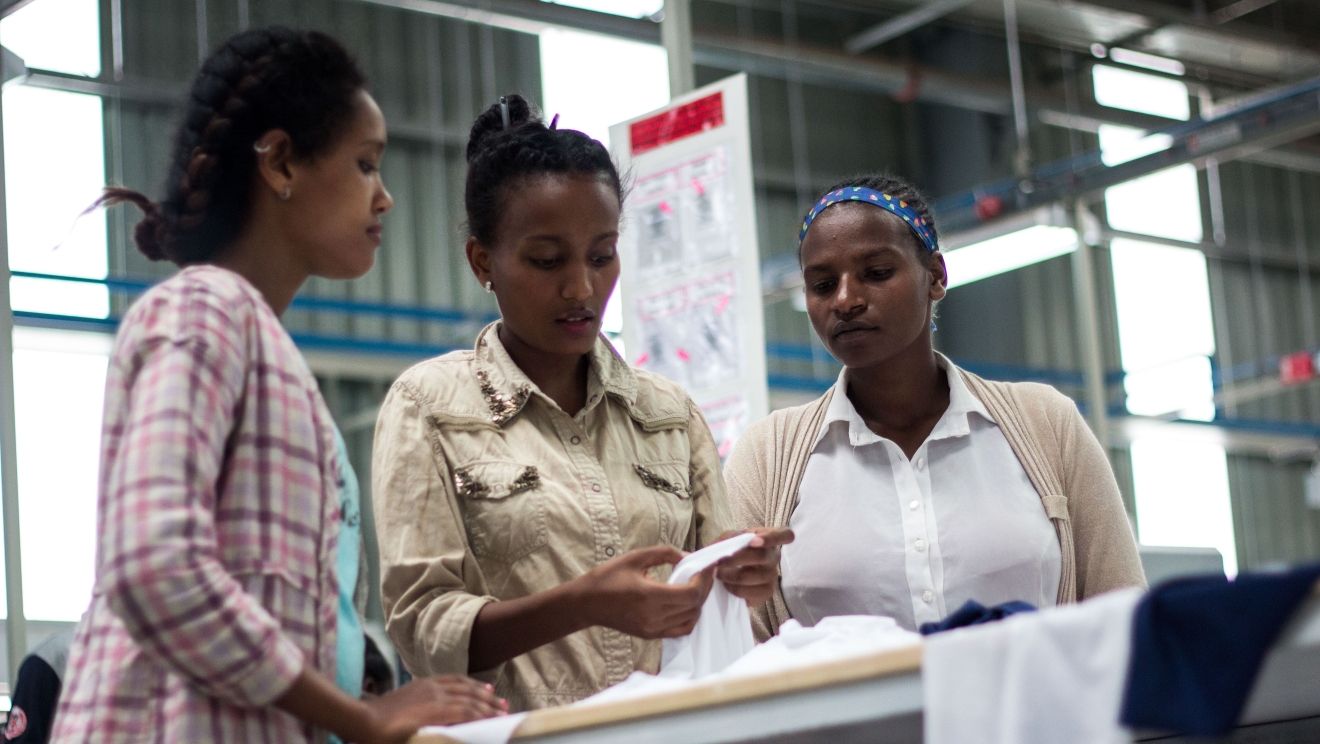
Launched in 2014, the PCP in Ethiopia aims to help the country’s government progress their national development strategy (GTP II) and reach its industrial development goals of achieving middle-income status by 2025, as well as increasing contributions from both industry and the manufacturing sector to the GDP.
Ethiopia was the ideal choice for the first PCP collaboration. Despite being the second most populous country in Africa, with 102 million people, it has a young population (71% below 30) with more than a third of its population living in extreme poverty. Yet there is a strong opportunity to change this, with the economy growing at a rate of 10% every year.
It is a country ripe for investment and in urgent need of increased and superior infrastructure – making it a prime candidate for the support that can be offered by UNIDO, through the PCP.
One of the key features of the programme is the fact that progress is entirely led by the host government, who have full ownership over the scheme. Rather than directly implementing change, the PCP instead offers an environment for interaction with UN agencies, development partners, financial institutions and the business sector, and helps leverage large-scale investments from both public and private sources.
The program works in a symbiotic way with Ethiopia’s existing national industrialization strategy and provides them with the support they need through advisory services, technical advice and assistance with coordination.
“From the concept to its implementation, the PCP has incredible and valuable support,” says Abtew. “It is the PCP that brings all stakeholders together [locally and internationally] and to do an integrated and impactful job… and we are now in a better a good position to manage our industrialization.”
One of the key industries that has been a focus of the PCP is agro-food processing, and the programme has specifically worked to support the growth of integrated agro-industrial parks throughout the country.
The lack of infrastructure and raw materials has made securing investment for this all-important industry a challenge in Ethiopia, so the PCP has focused, as a first step, on helping the government finalize feasibility studies for four pilot parks, to find ways to add value to locally-sourced agricultural products, provide infrastructure and utilities and mobilize both public and private finance to help support future growth.
The results have already been promising and the future looks brighter than ever for the industry.
“The PCP has really brought the issue of economic development into focus so the government is now addressing the issue, financial institutions are addressing the issue, the infrastructure is improving, the education is improving, and places like industrial parks are now available for startups,” says Managing Director of Hilina Enriched Foods Belete Beyene.
“This is a time to be involved in business, this is the time to invest. You have the market, you have the work population, good infrastructure, what else do you need?”
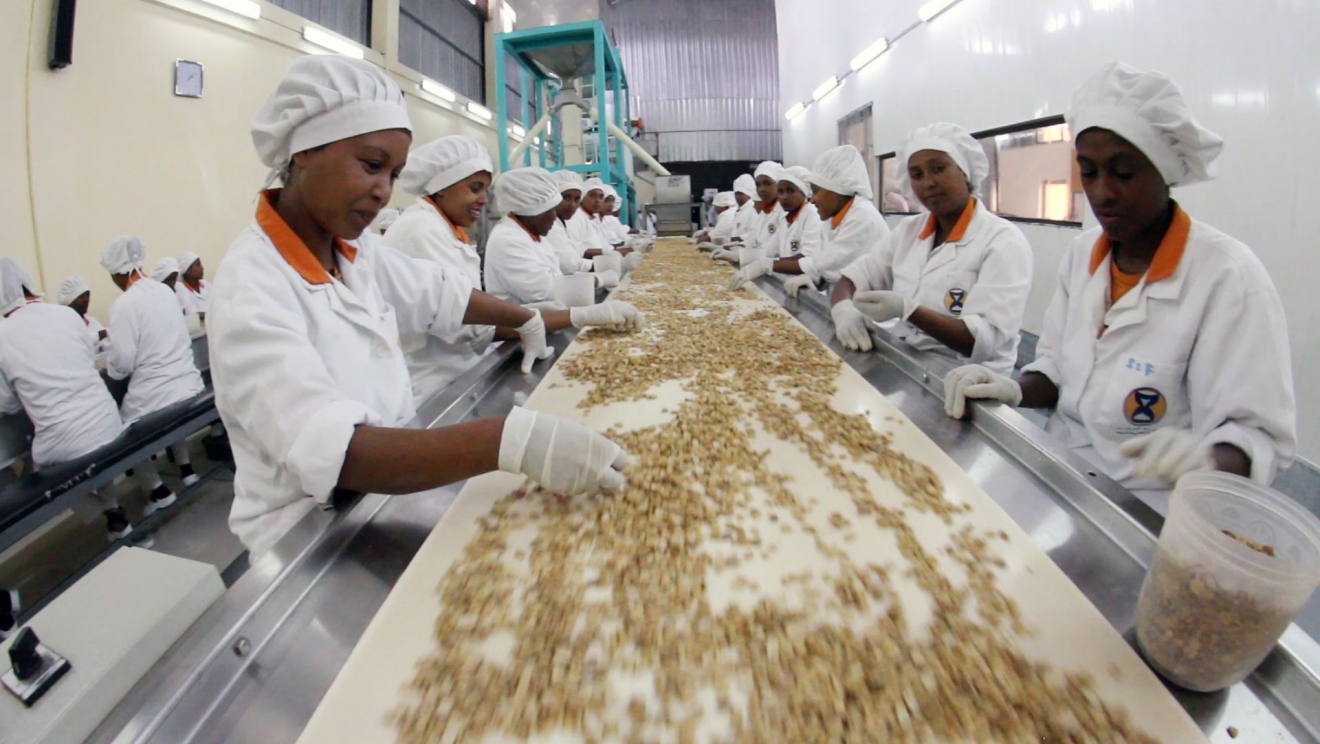
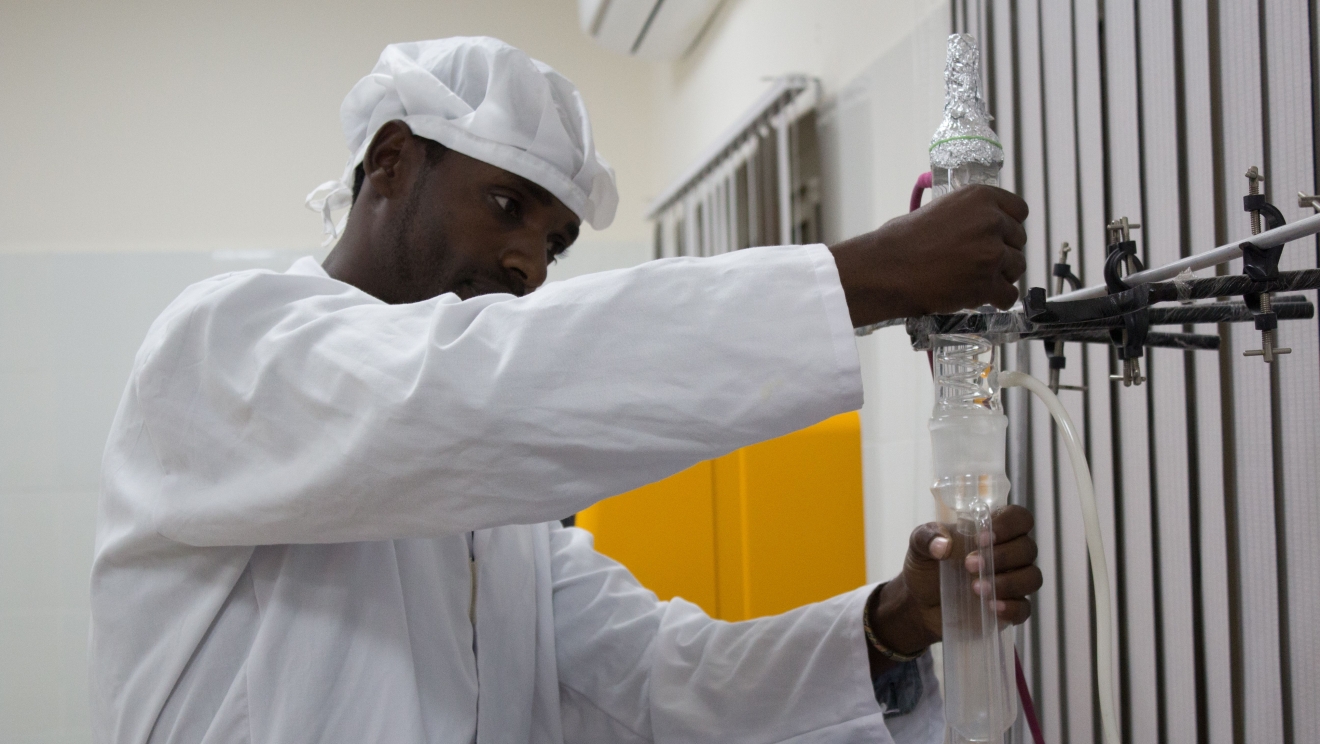
The leather and leather good industry is another major growth area that has received the benefits of PCP support with the development of the Modjo Leather City, a modern and environmentally conscious concentration of tanneries in the town of Modjo that will feature a common wastewater treatment plant and centralized services for chrome recovery and by-product processing, and will be up and running by mid-2019.
The Ministry of Industry in Ethiopia is also receiving assistance from UNIDO in its bid to increase exports of leather products to US $1.4 billion by 2020, which is an ambitious but worthy goal, likely to create more than 336,000 new jobs.
It is a combined effort but one that is already yielding promising results.
“We need to work together, we need other skills like more technical expertise, but also an organization that can discuss at an early stage with the government and help them focus on the proper strategy,” says Christophe Litt, Head of EIB Representation Office to Ethiopia, which is funding the Modjo Leather City project.
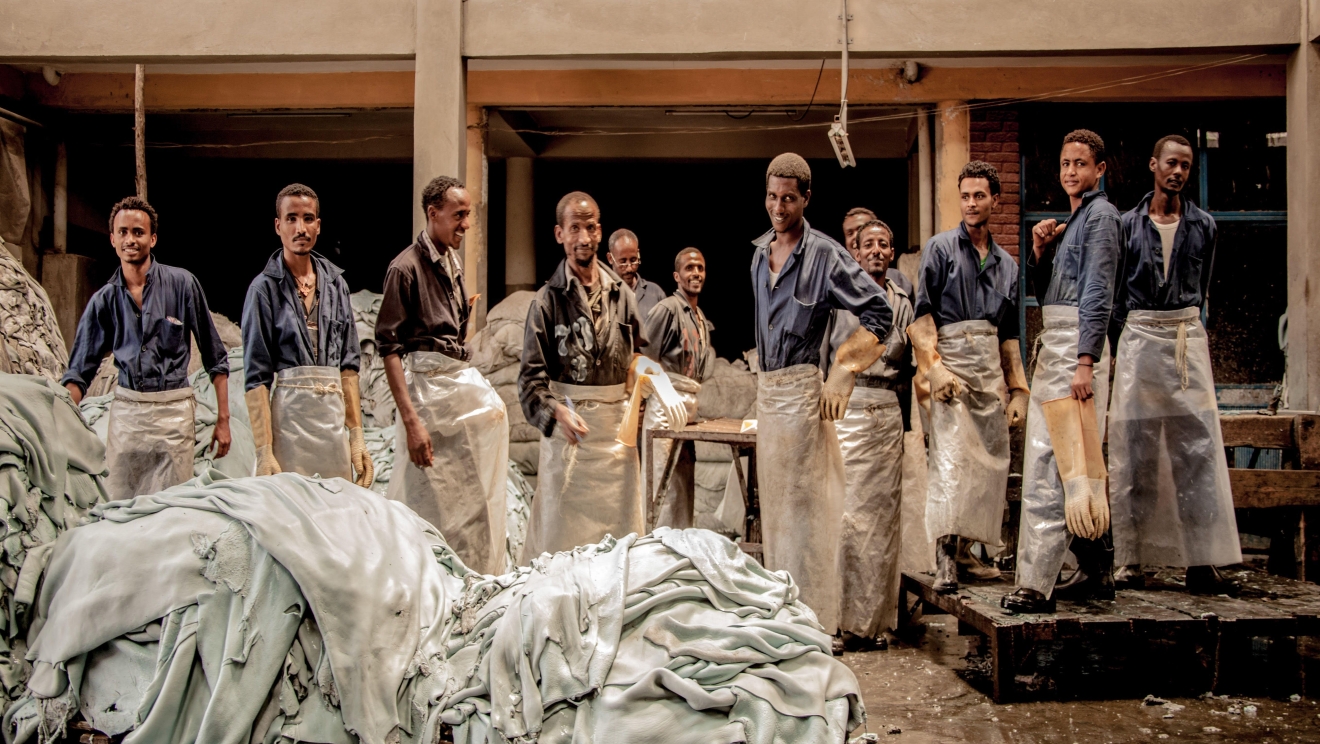
Following the success of the PCP in Ethiopia, UNIDO is already looking further afield and plans are in place to support national development strategies in a range of other countries, including the Plan Sénégal Emergent in Senegal and the Bicentennial Plan: Peru towards 2021 in Peru with more to come in the near future.
In fact, at the 2017 UNIDO General Conference, Cambodia and Kyrgyzstan announced their decision to adopt the PCP approach.
